By now, most customers are familiar with the fact that CBD (cannabidiol) is a non-intoxicating compound from the hemp plant. It also exists in lower quantities in marijuana, a cousin of hemp, which contains large amounts of THC (tetrahydrocannabinol). Conversely, THC can be found in small amounts in hemp.
Most CBD products contain minimal THC, with the federal limit being 0.3% of the item by dry weight. Customers can also purchase CBD isolates, which have no THC whatsoever. The debate rages on as to which type of product is more beneficial.
Today’s guide explains the difference between CBD isolates and products that contain THC; read on to find which is best for you.
What You Need to Know About CBD Oil With THC
CBD and THC are both cannabinoids, which means they’re both active compounds from the Cannabis sativa plant species. While THC is abundant in marijuana, CBD is abundant in some strains of hemp.
Despite both being cannabinoids, these compounds have many differences. Interestingly, they have the exact same molecular structure: 21 carbon atoms, 2 oxygen atoms, and 30 hydrogen atoms. However, the atoms are arranged differently, and this explains why the two end up being so different.
Both compounds can interact with the body’s endocannabinoid system, and yet they trigger very different effects. It has led to some drastic differences in how the government regulates these two cannabinoids. While hemp-derived CBD is permitted in most parts of the country, THC remains federally banned. Some states allow it for recreational use, but others see it as an illicit substance. A significant difference, therefore, is that CBD is commonplace while THC is essentially outlawed.
What Effects They Cause
The effects of CBD and THC are one of the significant variations between the two. THC can attach to the endocannabinoid receptors and overstimulate them, leading to the intoxicating symptoms known as a ‘high’. People often use THC recreationally because of these effects.
The high can involve the distortion of time, relaxed feelings, an elevation in mood, and sedative effects. Side effects of THC include red eyes, dry mouth, and, in more severe cases, paranoia.
CBD, meanwhile, does not directly bind to cannabinoid receptors at all. Instead, it seems to impact endocannabinoid activity, inducing an array of effects. Interestingly, CBD does not generate an intoxicating high.
You may have seen claims that CBD is non-psychoactive, but this is not the case as it can impact the brain. Instead, it is non-intoxicating.
With this in mind, it’s vital to note that the meager amounts of THC found in online CBD products are not enough to provoke a high.
Should You Be Using CBD That Has THC In It?
In the CBD market, there are three primary categories of product: full-spectrum, broad-spectrum, and CBD isolates. Here is a brief overview of what each means:
- CBD isolate: A product that contains nothing but CBD. Most isolates contain 99% pure CBD, with no other cannabinoids. Isolates contain no THC whatsoever.
- Broad-spectrum: These products contain a “broad” spectrum of cannabinoids. Typically, this means that the item packs various cannabinoids like CBD, CBN, CBV, and more, but that the manufacturer removed all of the THC.
- Full-spectrum: This is the fullest product, containing all cannabinoids from the hemp plant. No filtering takes place, so there may be THC in the final product. However, as per current guidelines, it must still contain less than 0.3% THC.
Customers choose their preferences based on a variety of reasons, some of which will be discussed in more detail below.
How Do CBD Products with THC Affect You?
Most consumers opt for products that contain more than CBD alone. Whether you choose broad-spectrum or full-spectrum is up to you.
Products that contain THC – i.e., full-spectrum products – allow the user to benefit from the full array of cannabinoids from hemp. Some consider it a more natural option because it involves no filtration in the production process. As a result, you get to experience everything that the hemp plant has to offer.
Brands use their own strains of hemp and produce their own blends, so it’s impossible to say how full-spectrum products will take effect. In general, users can expect to feel the results that come along with several different cannabinoids.
Notably, the amount of THC is too small to have a noticeable effect. As a result, you will not experience a high from full-spectrum CBD. That being said, there is a possibility to experience some of the potential advantages of THC.
What About CBD Products with No THC?
Both broad-spectrum products and isolates contain no THC. Again, it’s not possible to determine how any one product will affect you. The significant benefit to using THC-free products is peace of mind since broad-spectrum CBD can still provide you with the effects of a range of cannabinoids.
It’s vital to shop around to find a product that works for you since even different consumption methods can provide varying effects.
Users take CBD for a variety of reasons, but the products don’t typically cause glaringly noticeable effects. Instead, similar to vitamins, the point is to introduce a healthy compound into your daily routine. CBD products – broad-spectrum or otherwise – can provide an opportunity to stay on top of your health and wellbeing. While you will not notice a sudden difference, you can use CBD as an overall daily supplement.
Finding the Right CBD Product for You
Every CBD user is unique, and so they require different products. All CBD products have distinct advantages and disadvantages.
As with our PureKana vegan gummies, the primary benefit of isolates is that you know exactly what you are putting in your body. They contain CBD alone, so you don’t have to think about how any other cannabinoids will affect you.
Meanwhile, broad-spectrum products carry one of the same benefits of isolates: no THC. If you are wary of taking THC for whatever reason, it could be ideal to choose a THC-free product. Additionally, those who undergo frequent drug tests at work can use a broad-spectrum product to minimize the risk of a false positive.
On the flip side of the coin are full-spectrum products. A lot of the PureKana range, including our tinctures, contain a full spectrum of active cannabinoids. These are excellent products to use if you’re seeking an effective hemp supplement since you get to ingest everything that the hemp plant has to offer.
The Bottom Line On CBD Oil With THC
At the end of the day, there is no correct answer as to which is better. Here at PureKana, we firmly believe in full-spectrum CBD products. We believe that our products provide users with a range of cannabinoids that can diversify their intake, covering a broader scope of effects.
That said, we also offer CBD isolate products because we understand that some users prefer to avoid THC and unknown cannabinoids. Using an isolate can be just as beneficial for some users; it’s a matter of personal preference.
In short, CBD oil with THC can be advantageous, and it won’t get you high. However, CBD isolates are simply a preference for some users. It’s a matter of doing what works for you and your body. Whatever product you go with, make sure you opt for a reputable brand that offers lab reports and descriptive information on its products.

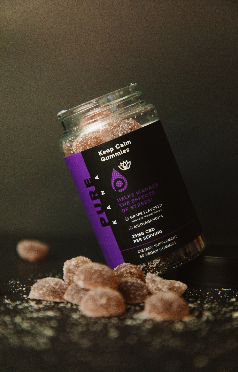
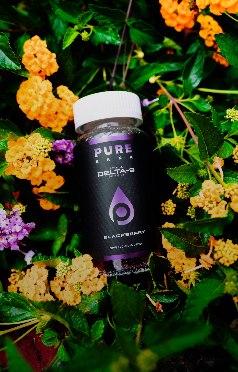
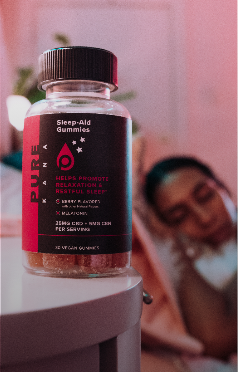



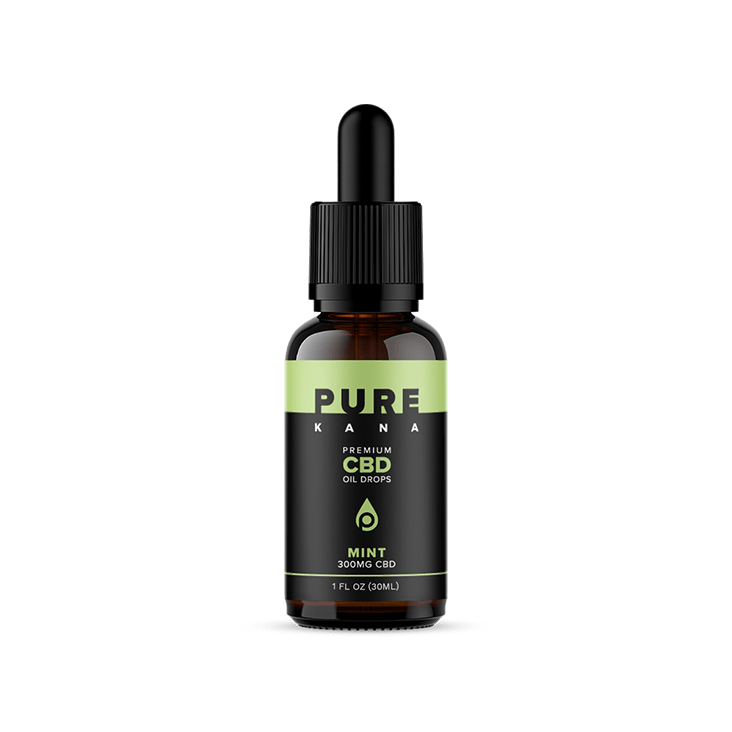
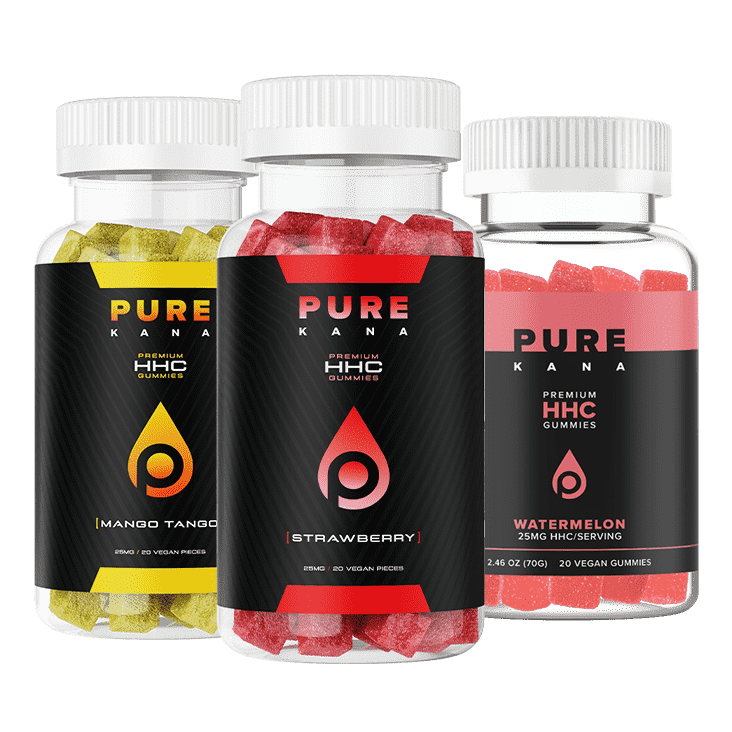
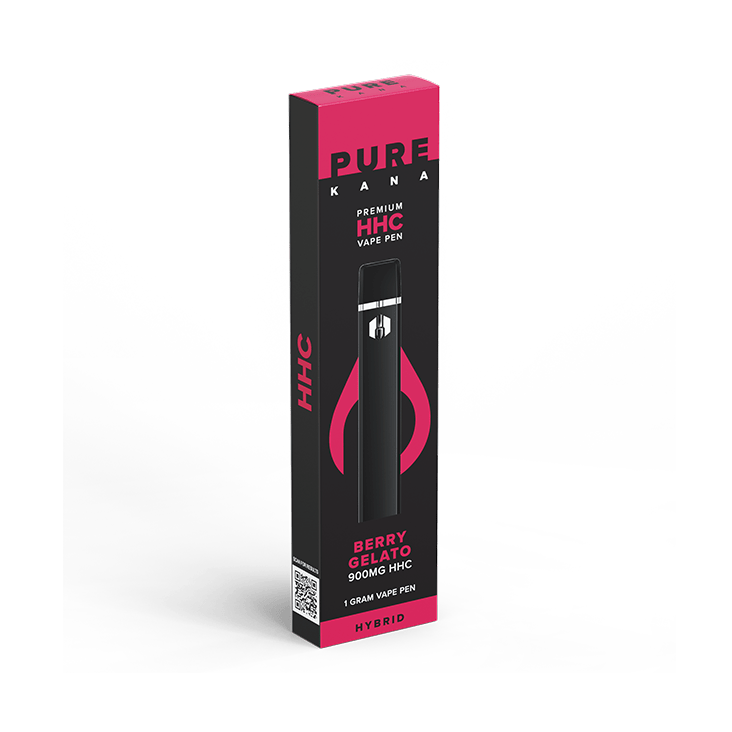






I appreciate your work and I am thankful for this post!
I just wanted to say thank you for offering all the education that you do on your site. I have been a user of your capsules for a while, and finally got my medical card so am going to give full spectrum a try. Your site is so clear and easy to understand. You will always get my recommendation!